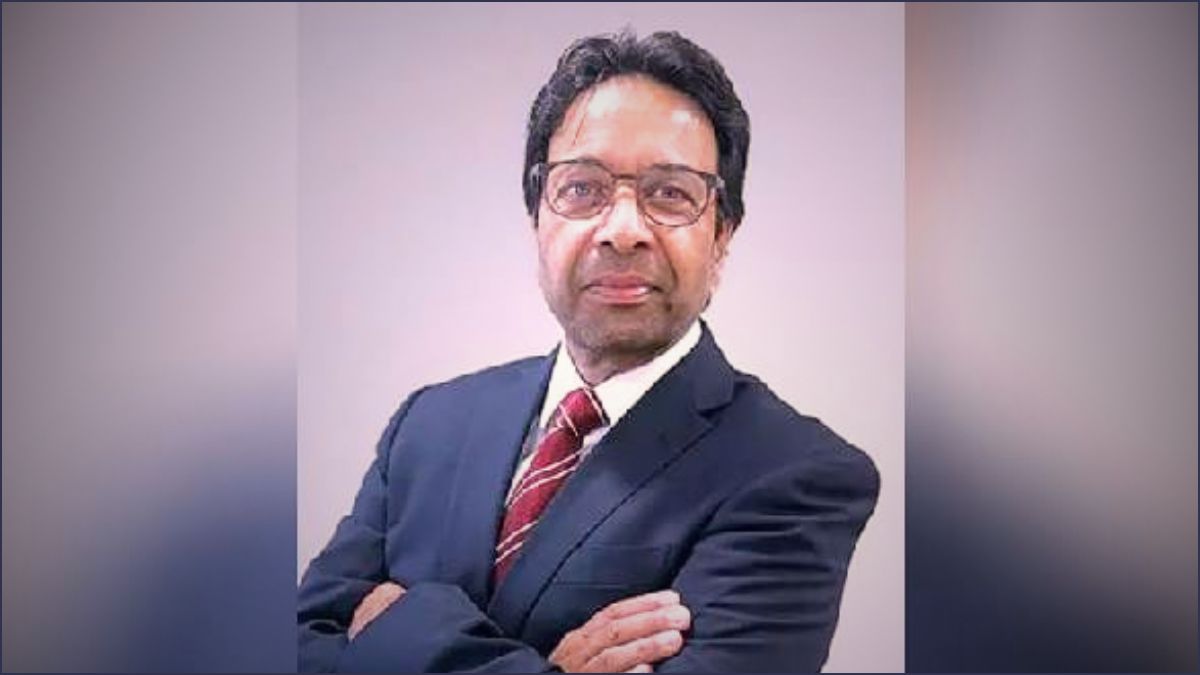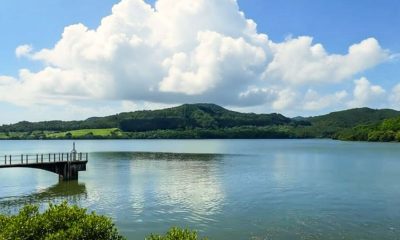News
NHRC Mauritius: 5 Key Challenges in Justice, Rights, and Justice Reform

Mʾe Satyajit Boolell, Senior Counsel, was appointed president of the National Human Rights Commission (NHRC) on June 15, 2025. He is now facing the challenge of guiding the institution through a period marked by numerous human rights issues. In this interview with l’Express, he discussed his priorities, the urgent reforms needed, and the importance of placing human rights at the heart of government action.
As president of the NHRC, are you prepared to publicly criticize the government if you discover abuses, even if it puts you at odds with those in power?
The law is very clear. Article 3(2) of the Protection of Human Rights Act states that the Commission is answerable to no one in the exercise of its duties.
Its members are appointed by the President, and each takes an oath before him to act impartially, confidentially, and independently.
The NHRC’s role is to expose rights violations, especially within public services. It is also responsible for implementing the National Preventive Mechanism Act, which monitors the treatment of detainees in line with Mauritius’s commitments under the Convention against Torture.
Some argue that human rights are not fully protected in Mauritius, especially considering reports of inhumane conditions in prisons and limited efforts at reintegration. What’s your view?
I reject that generalization. The National Preventive Mechanism was specifically set up to prevent inhumane or degrading treatment of prisoners.
Currently, investigations are underway following complaints from inmates alleging abuse by prison authorities.
The NHRC has extensive powers to investigate these claims, including judicial authority, to uncover the truth and ensure accountability.
The NHRC is supposed to be independent, but it’s funded and appointed by the government. How do you ensure independence?
The law guarantees our independence. While questions about independence are common with other institutions like the judiciary or the DPP, the key is the integrity of the individuals appointed and their commitment to justice and fairness. Our independence is protected by law and reinforced by our mission.
How about oversight of the police? Given their power, can the NHRC really hold them accountable?
Yes. The NHRC has investigatory powers to examine police conduct. We can refer violations to the DPP or disciplinary bodies.
All our findings and recommendations are included in our annual report, which is presented to Parliament. This ensures transparency and accountability in our work.
When we see the high number of police brutality complaints that are dismissed without investigation, does this suggest that justice isn’t equal for all in Mauritius?
The responsibility primarily lies with the Independent Police Complaints Commission, which investigates allegations of police misconduct. However, the National Human Rights Commission (NHRC) remains alert and can intervene if fundamental rights are violated. It’s important that all institutions share responsibility to rebuild public trust.
What about education on human rights? It’s still marginal in Mauritian schools. Why is it not a core part of citizenship training?
I completely agree. Human rights education is essential for building active, aware, and responsible citizens.
The NHRC aims to lead in this area. We’ve already started discussions with DISMOI, an organization with expertise in human rights education.
We plan to strengthen this partnership in the coming months, with the goal of making human rights education a national project in collaboration with relevant authorities.
We’ve also met with NGOs working in human rights to explore new collaborations. The NHRC remains open to ideas from institutions, civil society, and organizations willing to help promote fundamental rights.
Recently, the NHRC supported various campaigns against human trafficking. Some say Mauritius only reacts under international pressure rather than from genuine political will. Is that a fair assessment?
International pressure, especially through the U.S. State Department’s annual report, is a significant motivator. That report is an important monitoring tool, and it clearly shows there’s still much to do.
But to say Mauritius only responds to external pressure would be unfair. There’s a growing awareness, and more institutions like the DPP’s office are involved in the fight. However, good intentions alone aren’t enough — we need concrete, coordinated actions.
Human trafficking takes many forms: forced prostitution, sexual exploitation, forced labor, domestic servitude, and increasingly organized crime networks.
Constant vigilance is necessary, and fighting this must be driven by real political will, backed by resources, training, and effective victim protection mechanisms.
Some vulnerable groups, such as migrant workers, homeless people, and women victims of violence, still seem under-protected. Is this an admission of failure by our institutions?
That’s a concerning observation, but we need to face it honestly. Yes, some vulnerable groups remain insufficiently protected, and that’s troubling.
The situation of migrant workers has become more complex with their increasing numbers. Entry screening, monitoring working and living conditions sometimes fall short.
That said, I note that the Ministry of Labor is committed to addressing these issues, and the current minister has clearly stated his intention to strengthen oversight mechanisms.
For women victims of violence, homeless people, and children in precarious situations, stronger protective measures are needed.
This isn’t necessarily a failure but a call to improve our institutions, better coordinate public and private actors, and prioritize human dignity in all policies.
Economic and social rights, like housing, water, and social protection, often take a backseat. Will the NHRC also fight for these rights?
Absolutely. The NHRC is committed to advocating for economic, social, and cultural rights, including supporting potential constitutional reforms.
Beyond legal frameworks, we must ensure accessible, quality public services in health, education, and housing.
Preserving the social contract is vital, even amid slow growth or austerity measures. Equity and social justice must remain central.
Many reports and recommendations seem to end up gathering dust without concrete follow-up. Does the NHRC have the power to enforce its recommendations, or is that a fundamental weakness?
It’s true that the impact of some reports depends on political will. The NHRC doesn’t have binding authority in the strict sense.
But we are committed to transparency, publishing our findings and recommendations in our annual report to Parliament.
We plan to strengthen follow-up on these recommendations, hold authorities accountable, and rigorously monitor progress. This is a key part of our role, and we take that responsibility seriously.
Source: l’Express











